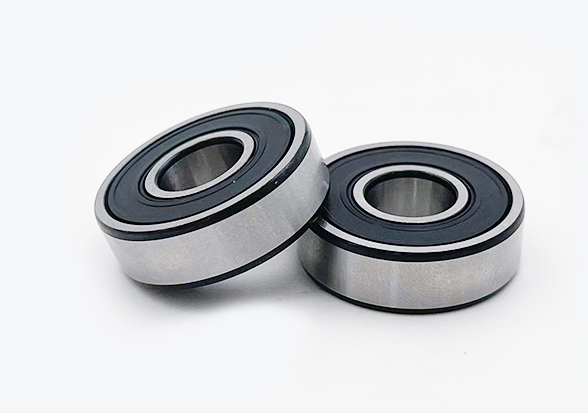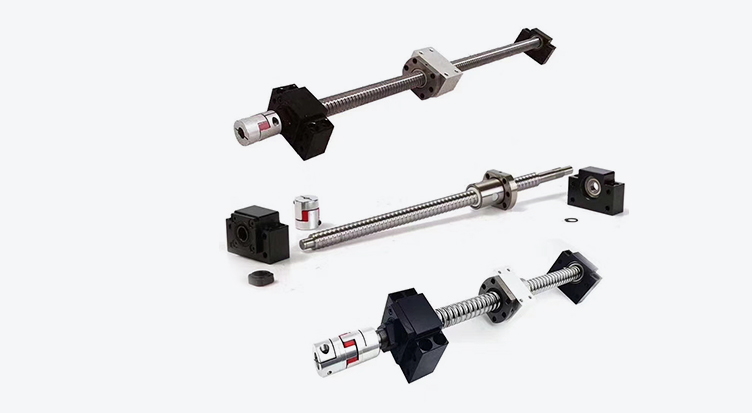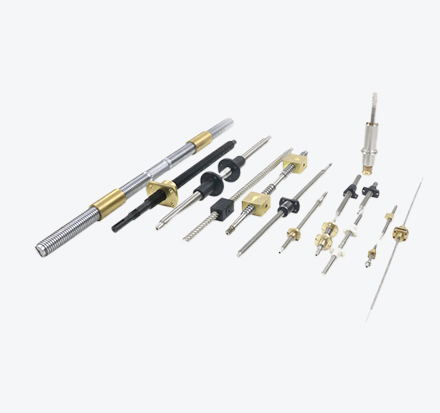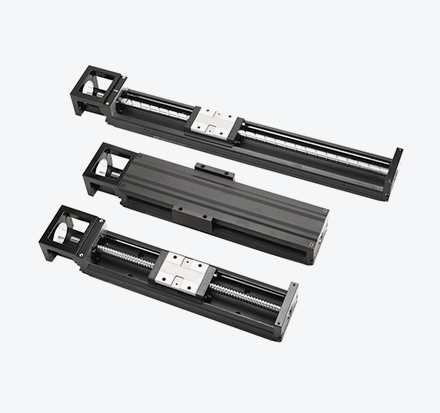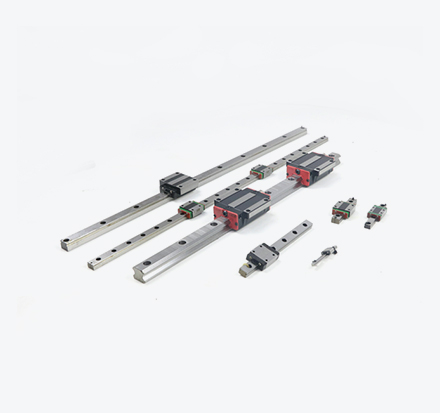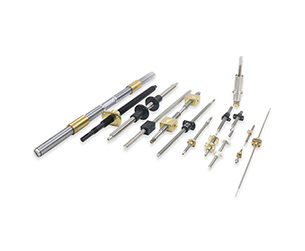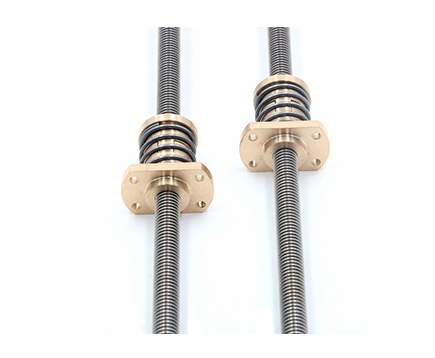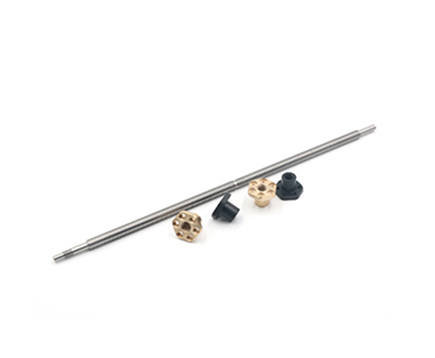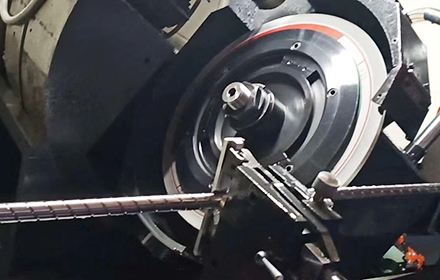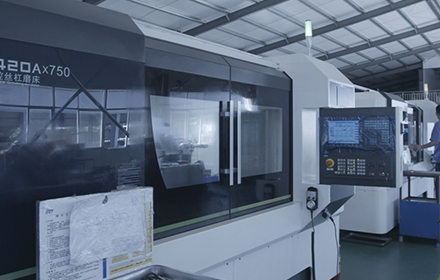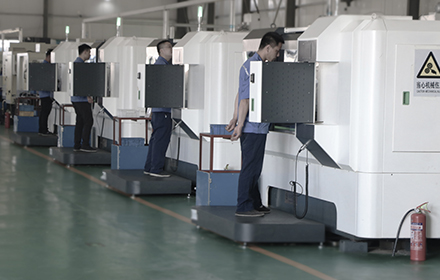When it comes to designing and manufacturing lead screw nuts, the choice of material plays a critical role in determining the performance, durability, and suitability for specific applications. VXO, one of the leading renowned lead screw nuts suppliers of linear motion lead screw nuts, understands the importance of selecting the right material for these essential components. In this article, we will delve into the various material options available for lead screw nuts, exploring their unique properties and advantages.
Lead Screw Nuts with Plastics: A Versatile Choice
Plastics have emerged as a versatile choice for crafting lead screw nuts due to their diverse properties and excellent performance characteristics. Various types of plastics can be used, including:
PEEK (Polyetheretherketone): PEEK is known for its exceptional temperature resistance, mechanical strength, and chemical resistance. It is often chosen for applications where extreme conditions are a concern, such as in the aerospace and medical industries.
Polyester: Polyester-based plastics offer good wear resistance and dimensional stability. They are suitable for applications requiring moderate load capacity and precision, making them a cost-effective choice in various industries.
Acetal (Delrin): Acetal is valued for its low friction properties, making it an excellent choice for applications that demand smooth and quiet operation. Its self-lubricating nature reduces the need for additional lubrication, making it a low-maintenance option.
Torlon: Torlon is a high-performance polymer known for its outstanding mechanical properties, including high temperature resistance and wear resistance. It is often employed in demanding industrial and aerospace applications.
Vespel: Vespel offers a unique combination of high-temperature performance and low friction. It is commonly used in applications where high-speed and high-temperature resistance are essential.
PVDF (Polyvinylidene Fluoride): PVDF is appreciated for its chemical resistance and electrical insulating properties. It is suitable for applications in corrosive environments and the semiconductor industry.
UHMW (Ultra-High Molecular Weight Polyethylene): UHMW is characterized by its excellent abrasion resistance and low friction properties. It is a popular choice in conveyor systems and other applications where wear resistance is crucial.
Ertalyte: Ertalyte is known for its dimensional stability, mechanical strength, and excellent wear resistance. It is often selected for applications where precision and durability are paramount.
Lead Screw Nuts with Carbon Steel: Strength and Durability
Carbon steel, such as C45 with a surface hardness of approximately 250 HB, is a material choice for trapezoidal lead screws and high precision lead screw. Its strength and durability make it suitable for applications involving heavy loads and high mechanical stress. Carbon steel lead screw nuts are often used in machinery and equipment where robustness is critical.
Stainless Steel: Corrosion Resistance
Stainless steel is another popular material used for lead screw shafts. Its resistance to corrosion makes it ideal for applications in environments where exposure to moisture or corrosive substances is a concern. Stainless steel lead screw nuts are often found in industries such as food processing, marine, and medical equipment.
Lead Screw Nuts with Aluminum: Lightweight and Low Friction
Aluminum is valued for its lightweight properties and low friction characteristics. While it may not have the same load-carrying capacity as steel, it is suitable for applications where weight reduction and smooth operation are priorities. Aluminum lead screw nuts find applications in industries like aerospace and automotive, where weight savings are critical.
Lead Screw Nuts with Bronze: Specialized Applications
Bronze lead screw nuts are a specialized option, typically chosen for specific applications. Bronze offers good wear resistance and can be used in situations where self-lubrication is required. It is often selected for applications in the marine industry and areas with high humidity.
Lead Screw Nuts with Polymers: A Wide Range of Options
Various types of polymers can be suitable for making lead screw nuts, offering a wide range of options to cater to specific application requirements. Whether it's the need for chemical resistance, low friction, high-temperature performance, or wear resistance, there is a polymer material available to meet these demands.
Choosing the Right Material for Lead Screw Nuts
The choice of material for manufacturing lead screw nuts is not a one-size-fits-all decision. It depends on several factors, including:
Application: Consider the specific requirements of the application, such as load capacity, precision, and environmental conditions.
Load Capacity: Evaluate the load-carrying capacity needed for the application. Different materials have varying load-bearing capabilities.
Environmental Conditions: Assess whether the lead screw nut will be exposed to chemicals, moisture, high temperatures, or other harsh conditions.
Cost Considerations: Consider the budget constraints and balance them with the desired performance characteristics.
Maintenance Requirements: Take into account the maintenance schedule and whether a self-lubricating material is preferred to reduce maintenance needs.
Lead screw nuts can be manufactured from a wide array of materials, each offering unique properties and advantages. VXO, as a leading supplier of linear motion lead screw nuts and lead screw and nut assembly, recognizes the importance of material selection in achieving optimal performance and durability in various applications. Whether it's plastics with their versatility, carbon steel for strength, stainless steel for corrosion resistance, aluminum for lightweight operation, bronze for specialized needs, or various polymers offering a range of properties, the choice of material must align with the specific demands of the application. By understanding the material options available, engineers and manufacturers can make informed decisions that lead to the success of their mechanical systems.
 English
English
